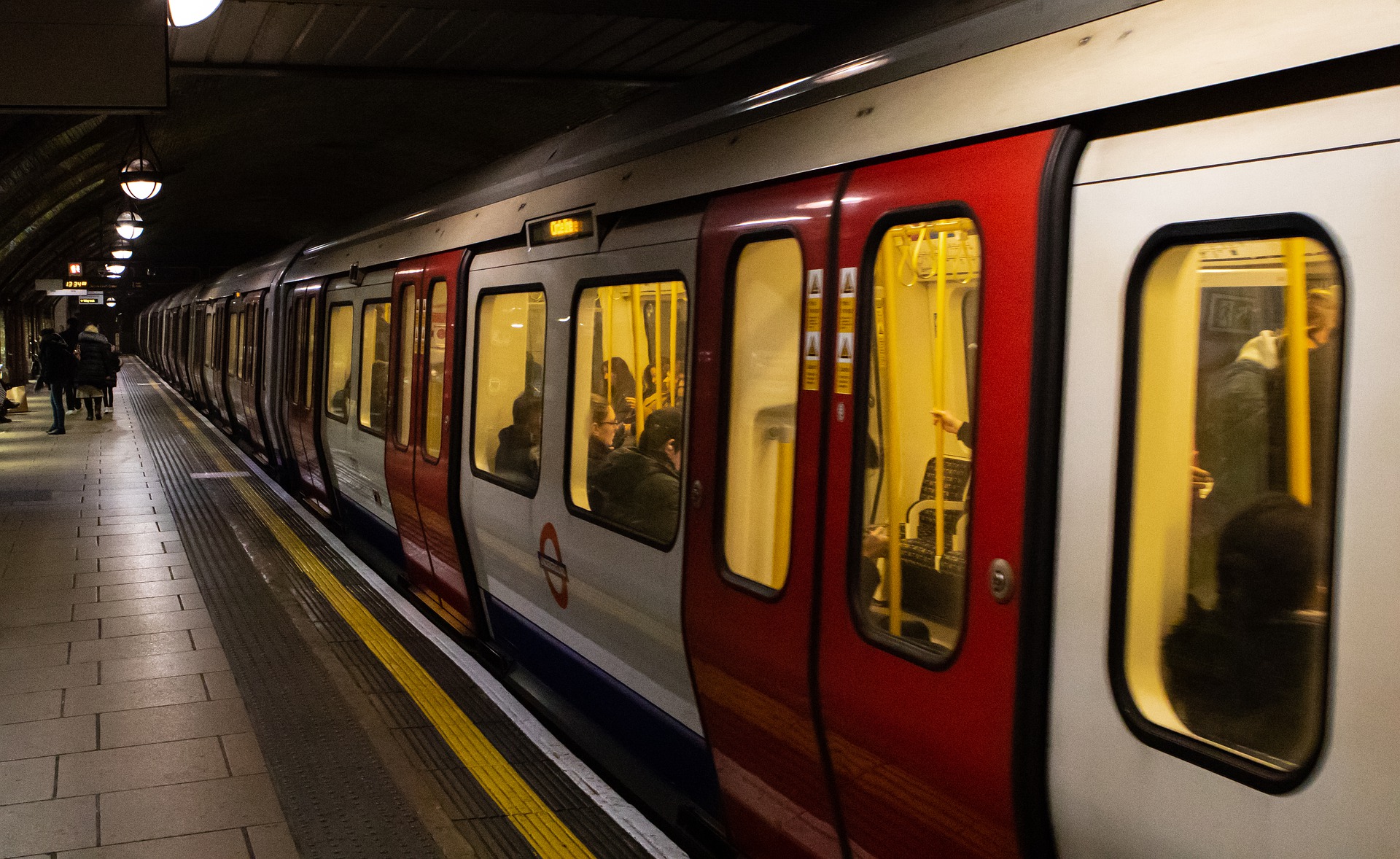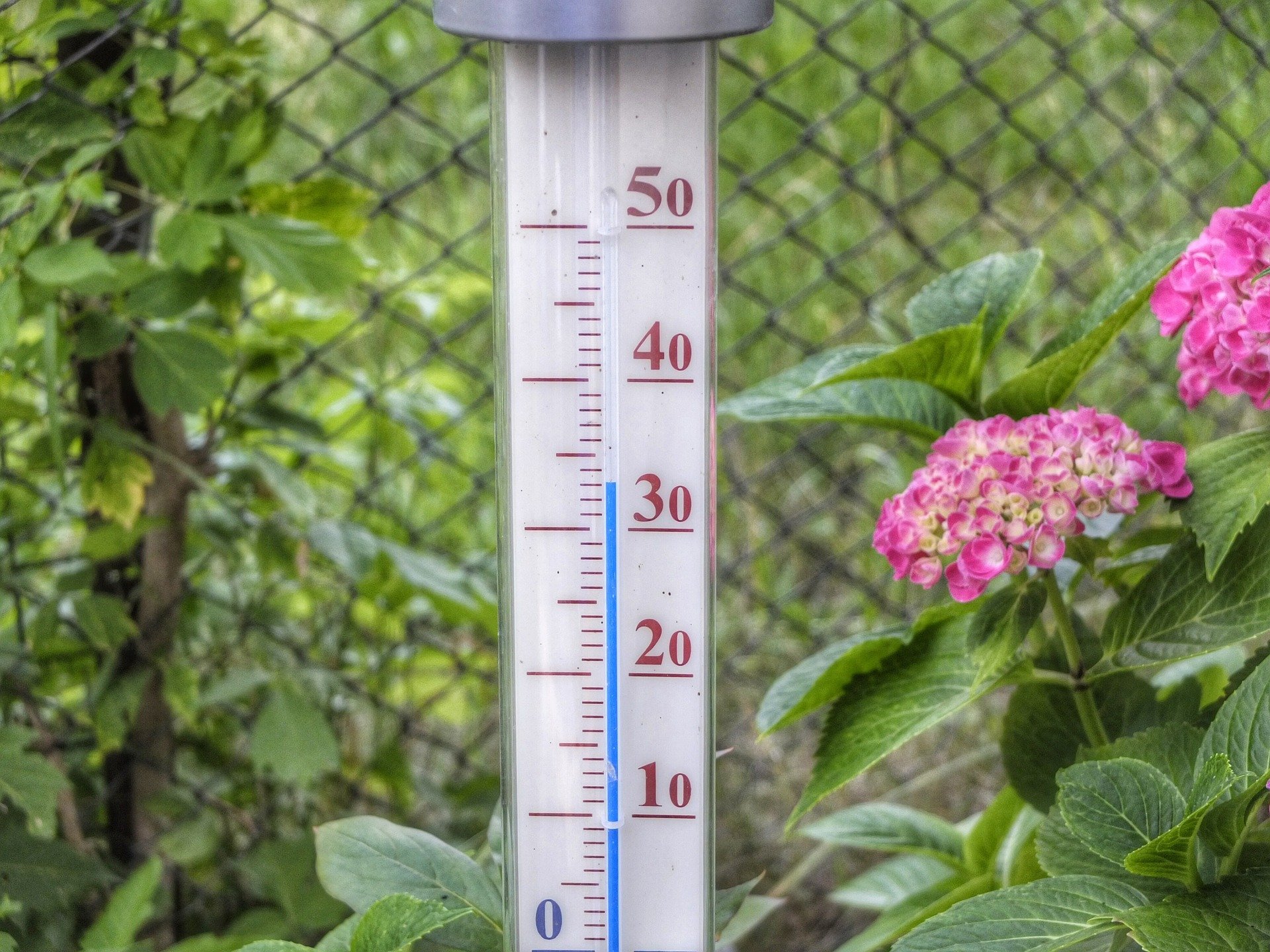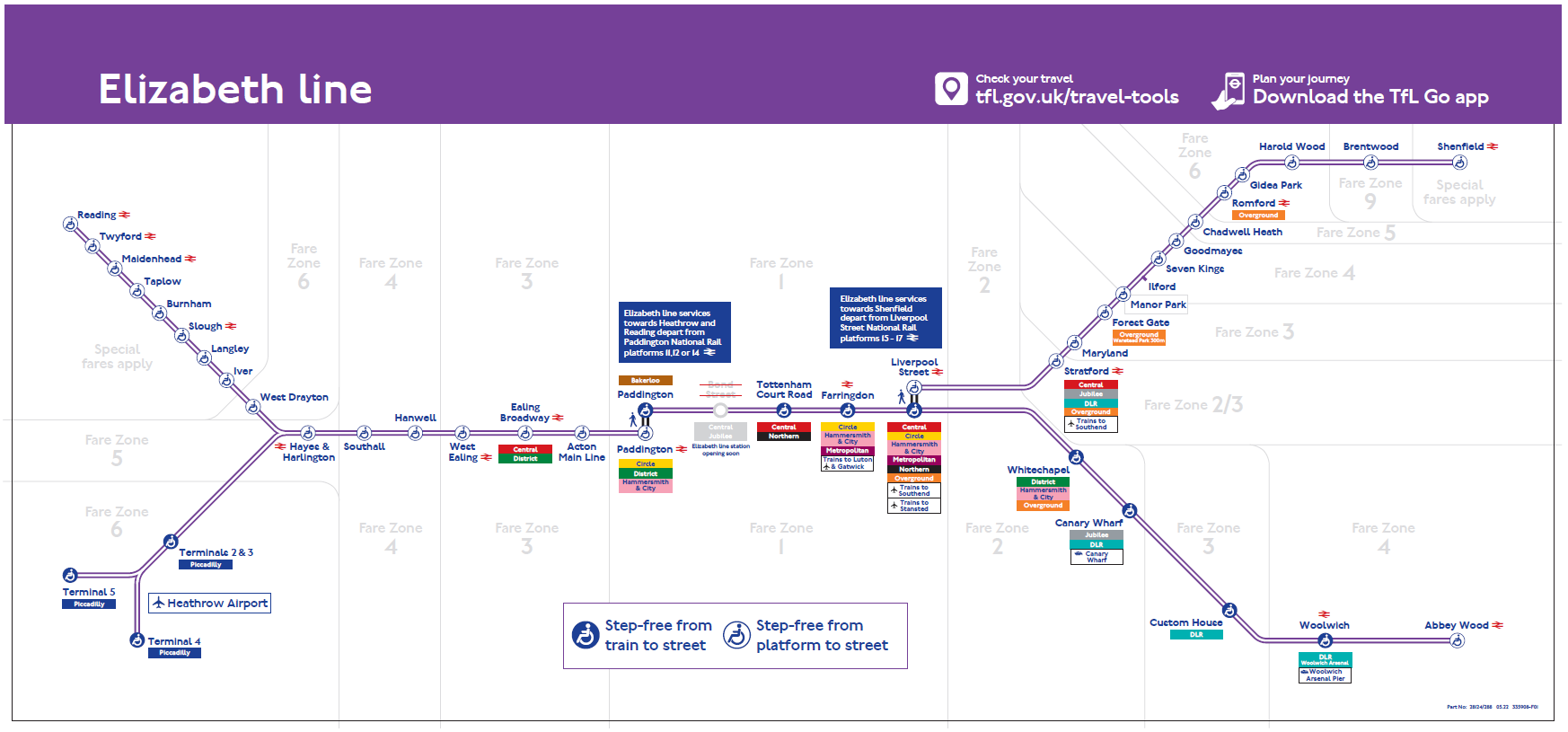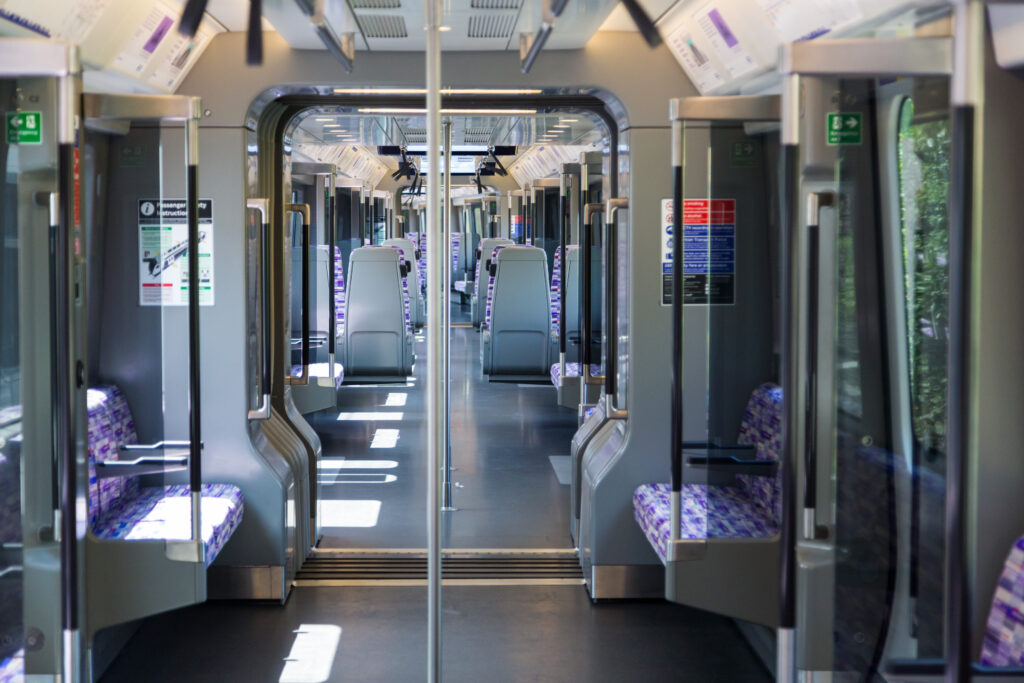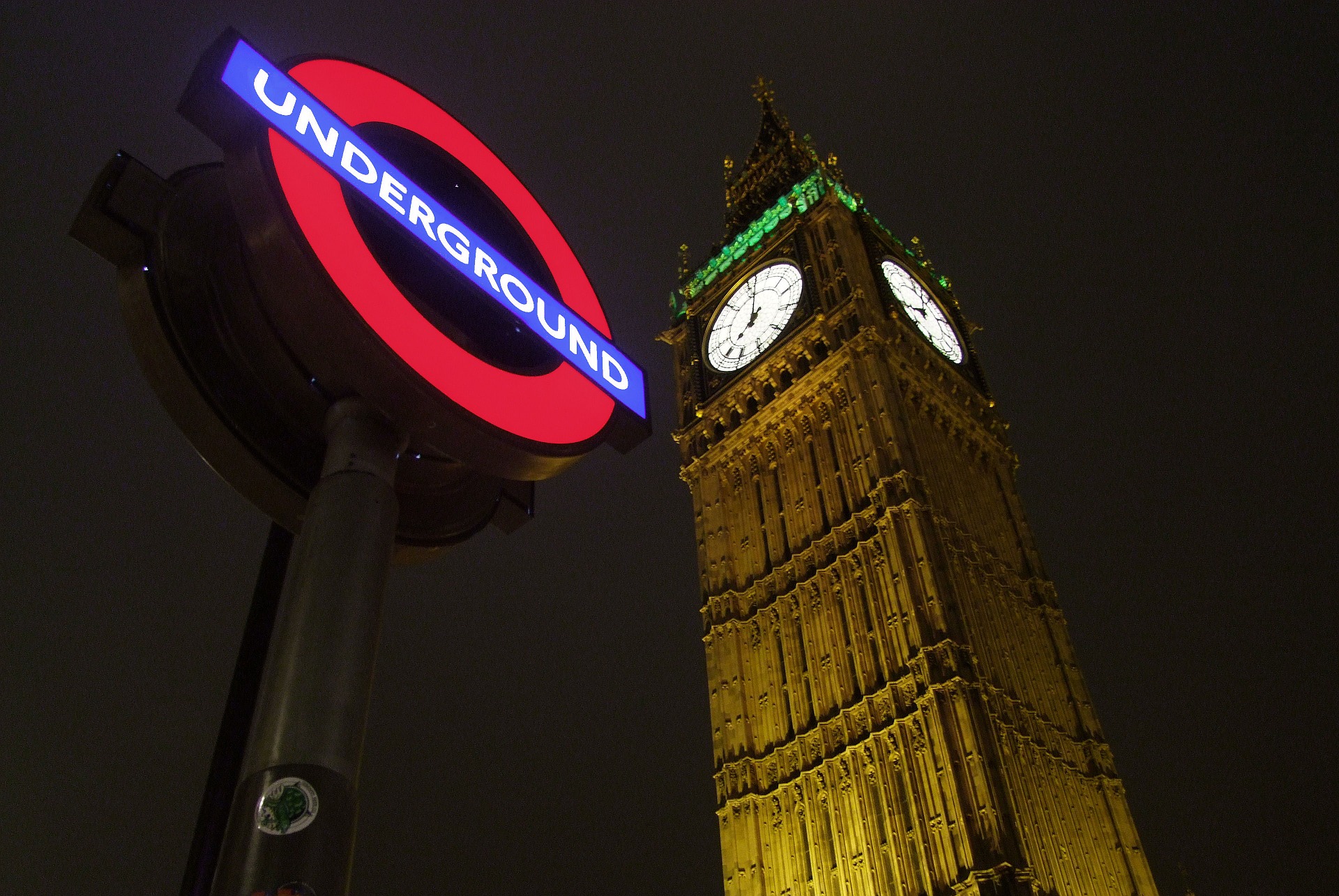Full Night Tube service to be restored for the first time since the start of the pandemic
The Night Tube will resume on the Piccadilly line on Friday and Saturday nights from the evening of Friday 29 July
From this weekend, a full Night Tube service will be restored for the first time since the start of the pandemic, supporting the night-time economy and London’s workers
RMT strike action on the Night Tube has been suspended, allowing all lines to operate a good service
Transport for London (TfL) has announced that, from this weekend, all Night Tube services will be fully restored after they were suspended in March 2020 due to the pandemic. Services on the Piccadilly line return on the evening of Friday 29 July and will run throughout the night on Fridays and Saturdays. The return of this line means a complete restoration of the weekend Night Tube and Night Overground services previously available to customers, providing more options for safe travel around the city.
Night Tube services across the capital have been steadily returning to support with London’s economic recovery, with the Central and Victoria lines being the first to start operating from November 2021. This was further bolstered this summer with the return of the Jubilee and Northern lines in May and June 2022. In addition, Night Overground services between Highbury & Islington and New Cross Gate returned in December 2021.
London’s recovery from the pandemic has been driven by a safe and reliable public transport network that serves the city night and day. The complete restoration of Night Tube services will allow Londoners and visitors to make the most of all the capital has to offer on weekend evenings with shorter journey times, whilst also providing late night travellers another safe way to return home.
The complete restoration of Night Tube services on London Underground marks a key moment in London’s recovery. The return of the final Piccadilly line Night Tube services comes at a time in the year where many holiday goers are in need of travel options to and from Heathrow Airport throughout the night to continue their journeys. Since the return of the Night Tube service in November 2021, 3.2m entries and exits have been recorded – demonstrating customers’ continued confidence that services are safe, clean and reliable. Weekday ridership on the Tube network has grown to 70 per cent of pre-pandemic levels and weekend ridership is now regularly above 85 per cent of pre-pandemic levels.
The Night Tube offers a safe, low crime environment. TfL has dedicated British Transport Police officers patrolling stations and trains during Night Tube and Night Overground services to provide support and reassurance to staff and customers. Across the TfL network, there are more than 2,500 police and police community support officers and 500 TfL enforcement officers who patrol London’s transport network, while thousands of frontline transport staff support customers and an extensive CCTV network is in place across the Tube. All stations that are open through the night are staffed at all times to ensure passengers always have someone to speak to should they have any questions or need assistance. Customers are now able to report safety concerns directly to the British Transport Police (BTP) through the new ‘Railway Guardian’ app or by texting 61016.
TfL also operates an extensive night bus network along with the Night Overground, to ensure everyone can travel around the capital throughout the night. More than one hundred routes currently run through the night and ridership on buses is regularly at 80 per cent. In addition, licensed and regulated taxis and private hire vehicles provide door-to-door transport at all times of the day. The Tube continues to operate between approximately 05:30 and 00:30 through central London from Monday to Saturday.

